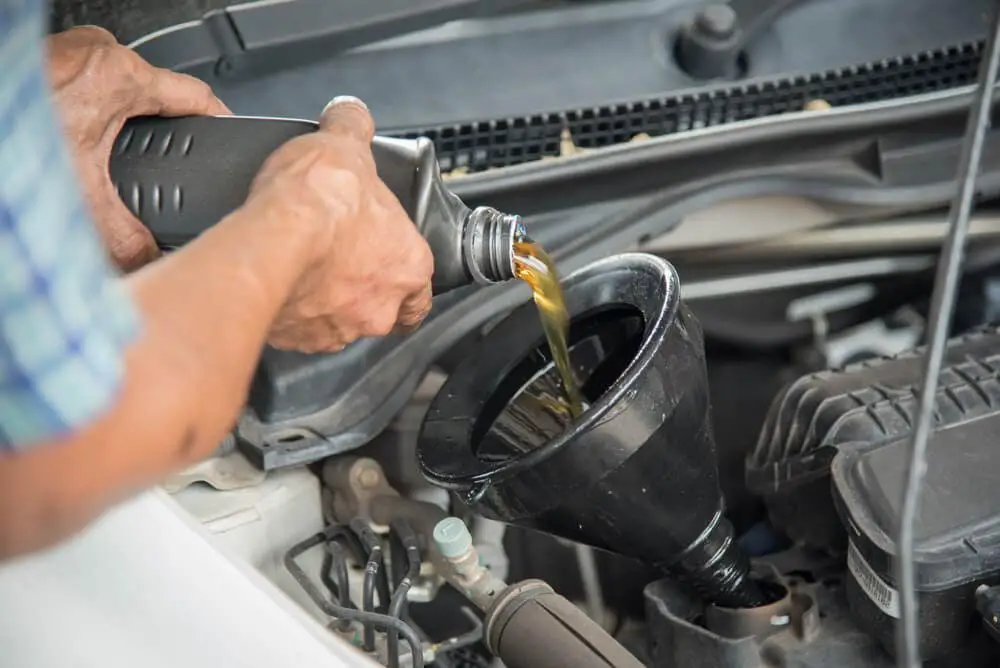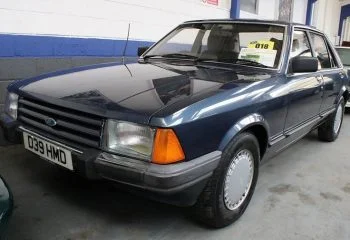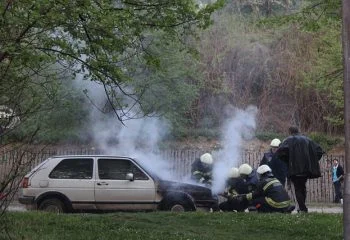Jeeps are known for their durability, and the 4.0 engine is a big part of that reputation. This engine has been used in Jeeps since the early 1990s, and there are many aftermarket parts available to keep it running well. People love Jeeps for their durability and off-road capabilities, but what many people don’t know is that there is more than one type of oil that can be used in them.
Depending on how you drive and maintain your Jeep 4.0, you may need a different Jeep 4.0 oil type and capacity. In this blog post, we’ll walk you through the different types of oil and capacities available for the Jeep 4.0 engine so you can make an informed decision about what’s best for your vehicle. So whether you’re a new Jeep owner or just looking to do some routine maintenance, keep reading to learn more!
What's in this post?
A Guide To Finding Jeep 4.0 Oil Type And Capacity
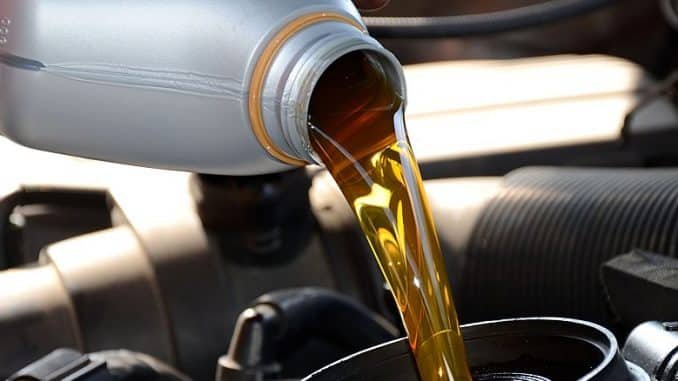
For Jeep 4.0 owners, maintaining engine performance is crucial. Regularly changing the oil is an important part of this, and knowing the engine’s oil capacity is necessary. Fortunately, finding this information is relatively simple.
Start by finding the owner’s manual for your Jeep. It contains all the vehicle specifications, including the oil capacity. If you can’t locate the manual, don’t worry – there are other ways to get this information. You can also search online.
A quick online search will display various websites listing specifications for different Jeep models. Additionally, reaching out to a Jeep dealer or service center will provide the specific oil capacity for your model. By taking a few minutes to find the Jeep 4.0 oil type and capacity, you can ensure regular oil changes and keep your engine in optimal condition.
The 4.0 liter engine in a Jeep Wrangler needs 6 quarts of oil. When changing the oil, use the right type and replace the oil filter to avoid engine damage.
The recommended oil for the 4.0 liter engine is 10W-30, providing optimal engine protection in extreme temperatures. Regularly check and top off the oil level to prevent engine damage. To check the level, remove and wipe the dipstick, then reinsert and remove again. Add oil if below the minimum line.
Is there a specific oil type that Jeep 4.0 engines need?
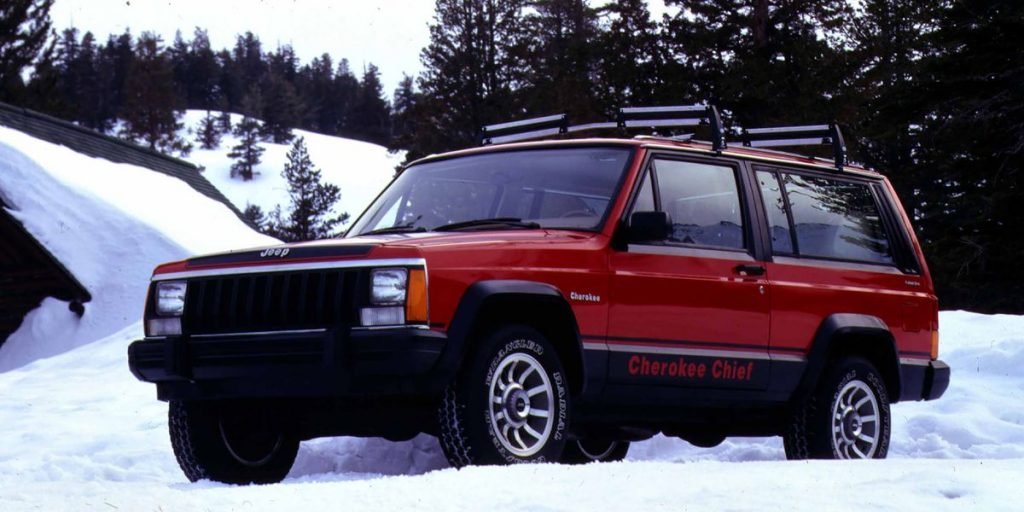
If you own a Jeep with a 4.0 engine, you’re probably wondering what type of oil you should use to keep your engine running smoothly. The good news is that there are a variety of oils that can be used in a 4.0 engine, and they all have their own benefits.
For example, synthetic oil is designed to withstand higher temperatures and provide better protection against wear and tear. However, it’s also more expensive than conventional oils.
If you’re looking for a less expensive option, consider using high mileage oil, which is designed for engines with over 7500 miles. High mileage oil contains additives that help to reduce leaks and prevent deposits from forming on engine parts. No matter what type of oil you choose, be sure to check your owner’s manual for specific recommendations on how often to change your oil.
Below are some type of oil you should consider:
- Pennzoil Platinum Full Synthetic
- Valvoline Full Synthetic Advanced
- Royal Purple High-Performance Synthetic
- Mobil 1 High Mileage Full Synthetic
What are some common symptoms of low oil levels in a Jeep 4.0 engine?
1. Check Engine Light Comes On: One of the first things you’ll notice if your Jeep’s oil level is getting low is that the check engine light will come on. This is because low oil levels can trigger a sensor in your engine that sets off the light. If you see this light, it’s important to check your oil level right away and add more if necessary.
2. Decreased Fuel Efficiency: Another symptom of low oil levels is decreased fuel efficiency. If you notice that your Jeep is suddenly guzzling more gas than usual, it could be a sign that something is wrong with the engine. Low oil levels can cause increased friction in the engine, which leads to less fuel efficiency.
3. Knocking or rattling noises: Another common symptom of low oil levels is knocking or rattling noises coming from under the hood. These noises are caused by metal-on-metal contact within the engine and can lead to serious damage if left unchecked. If you hear these noises, it’s important to add more oil as soon as possible.
4. Overheating Engine: Finally, one of the most serious symptoms of low oil levels is an overheating engine. This can happen when there’s not enough lubrication in the engine, causing friction and heat build-up. If your engine starts to overheat, it’s important to pull over and turn it off as soon as possible to avoid further damage.
The Importance of Oil Maintenance for Jeep 4.0 Engines
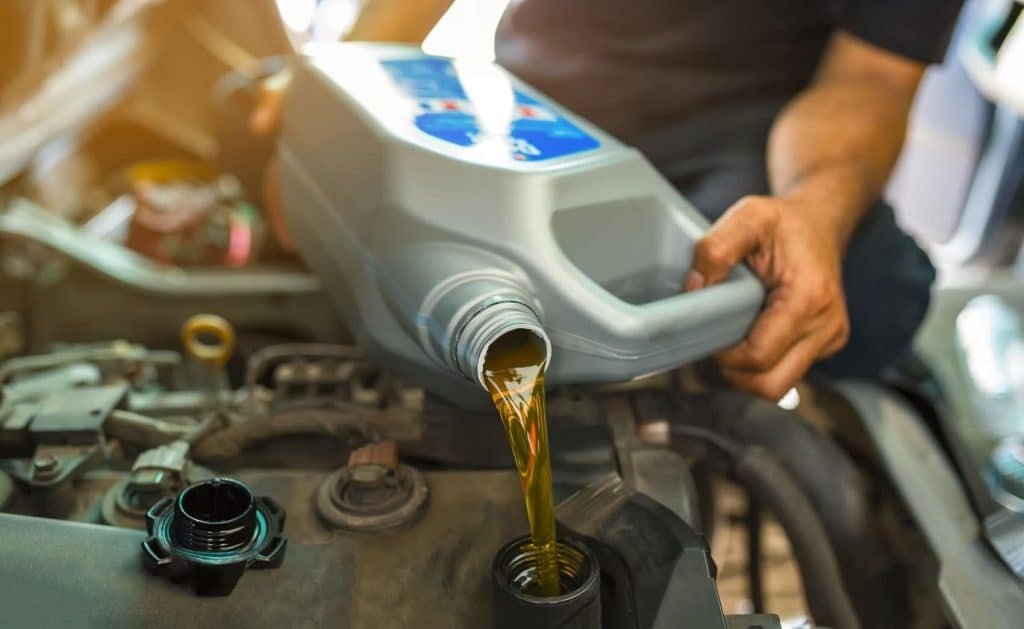
The Jeep 4.0 engine is a workhorse. It’s been around for decades and is known for its longevity and reliability. However, like all engines, the Jeep 4.0 engine needs regular maintenance in order to keep it running at its best. That’s where oil maintenance comes in.
Oil plays a vital role in keeping your engine cool and lubricated. Over time, however, oil breaks down and becomes contaminated with dirt and debris. This can lead to a number of problems, including decreased performance, increased fuel consumption, and corrosion. That’s why it’s important to change your oil regularly and to use a high-quality oil filter.
Changing your oil is a relatively simple process, but there are a few things you need to keep in mind. First, make sure you consult your owner’s manual to find out what type of oil is best for your Jeep 4.0 engine. Second, be sure to warm up your engine before changing the oil – this will help the old oil drain out more easily. Finally, don’t forget to dispose of the used oil properly – most auto parts stores will take used oil for recycling.
By following these simple tips, you can help keep your Jeep 4.0 engine running strong for years to come.
Conclusion
Now that you know more about Jeep 4.0 oil type and capacity, you can rest easy knowing that you’re taking good care of your engine. Remember to always check your owner’s manual for specific recommendations, but in general, 5W-30 motor oil is a good choice for most conditions. And if you ever have any questions, feel free to reach out to a qualified mechanic—they’ll be more than happy to help keep your Jeep running like new.

